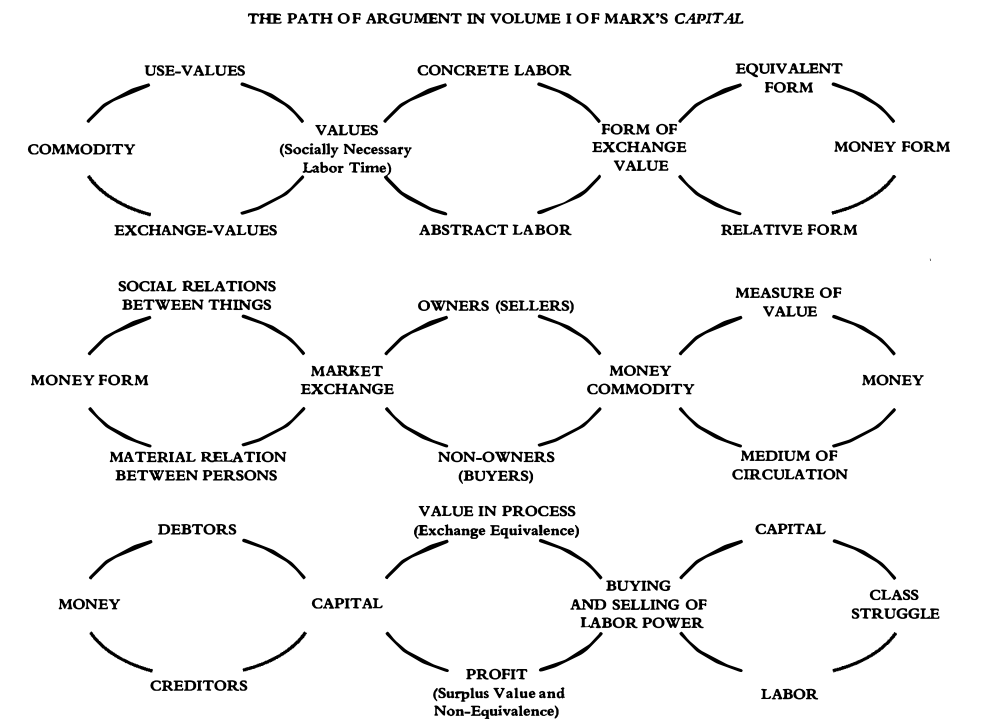Yeah but the theory of evolution writ large needs shaking up. The whole theory reeks of Malthusianism, a disproved economic theory, since Darwin was influenced by Malthus. Many of the sick consequences of "Social Darwinism" are a result of the theory's flawed precursory logic.
That being said I tend to skew cynical. Still I'd like to see parts of a mostly-correct predictive model questioned and reevaluated

So is a crucial part of the theory no longer "survival of the fittest?" Because that's straight Malthus. I'm not a biologist, but I study and read and try to pay attention.